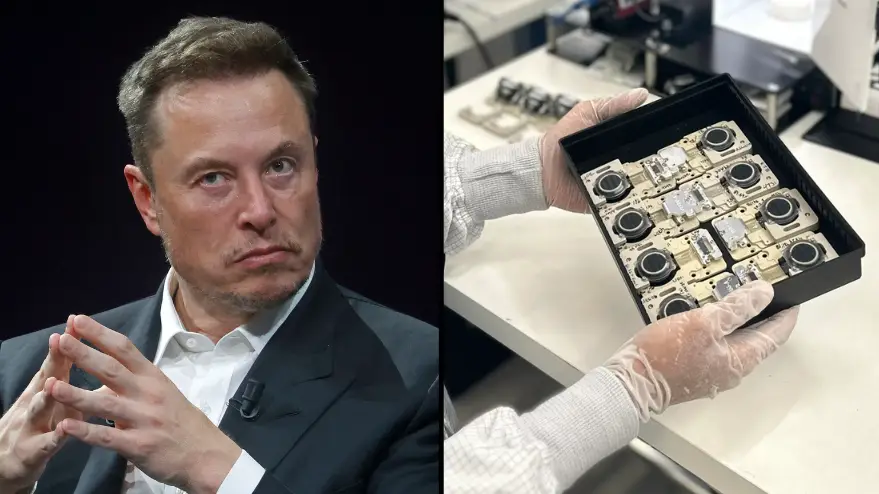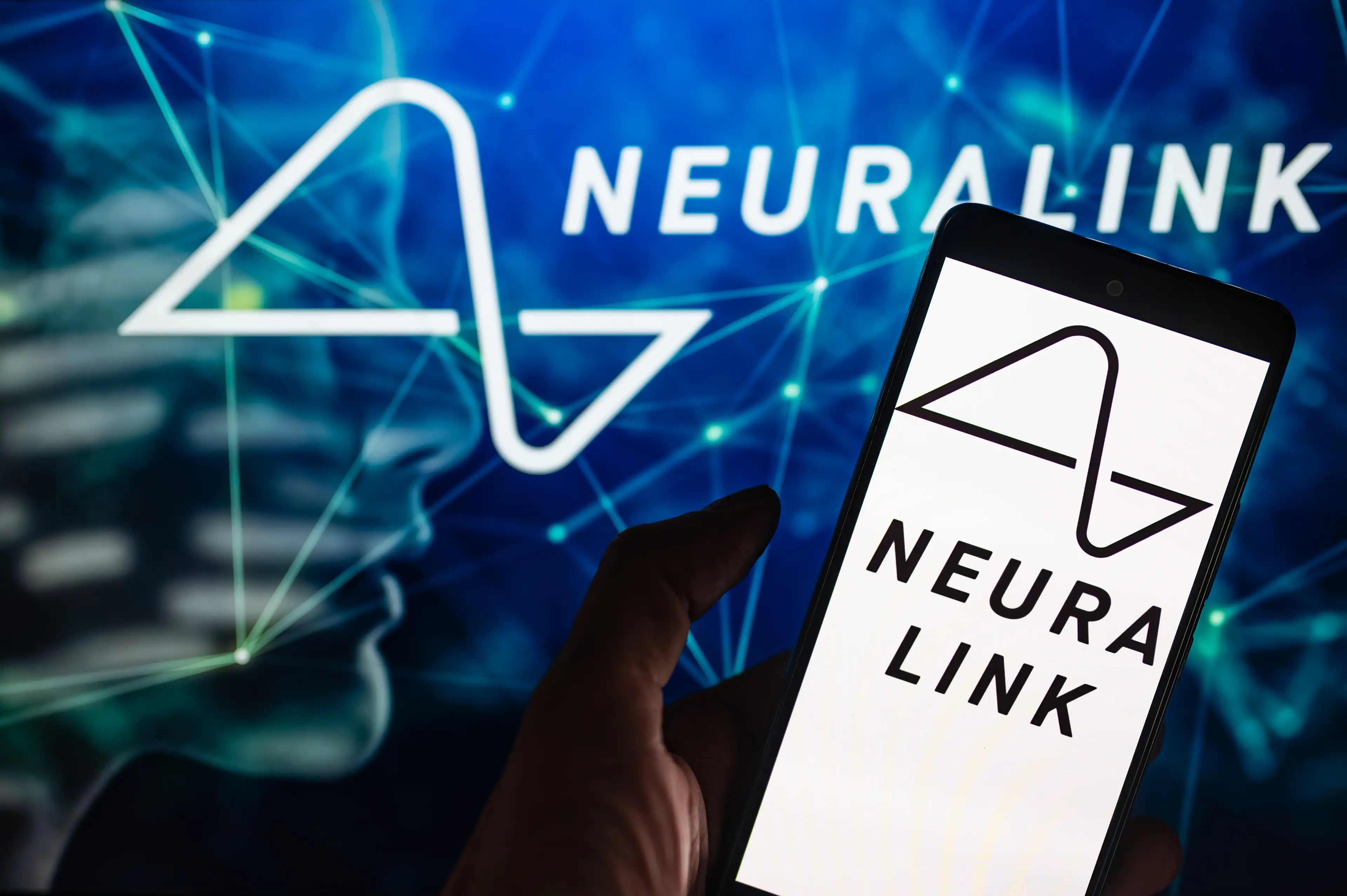
Elon Musk's brain chip company has been given the all-clear to recruit for human trials.
Neuralink has been hailed as the future for humanity and the tech billionaire says it could be revolutionary for people with severe impairments.
Musk reckons people with obesity, autism, depression, and schizophrenia, as well as quadriplegics could be the biggest beneficiaries of the device.
According to its website, they are 'aiming to design a fully implantable, cosmetically invisible brain-computer interface to let you control a computer or mobile device anywhere you go'.
Advert

They added: "Micron-scale threads would be inserted into areas of the brain that control movement. Each thread contains many electrodes and connects them to an implant called the 'Link'.
"The threads on the Link are so fine and flexible that they can’t be inserted by the human hand.
"Instead, we are building a robotic system that is designed to reliably and efficiently insert these threads exactly where the neurosurgeon wants them to be."
The US FDA recently gave Musk and Neuralink the ability to do human trials and now he's stepped over the final hurdle to make that dream come true.
An independent review board has approved human trials to begin.
In a statement, Neuralink said: "The PRIME Study (short for Precise Robotically Implanted Brain-Computer Interface) – a groundbreaking investigational medical device trial for our fully-implantable, wireless brain-computer interface (BCI) – aims to evaluate the safety of our implant (N1) and surgical robot (R1) and assess the initial functionality of our BCI for enabling people with paralysis to control external devices with their thoughts."
The company is currently looking for people 'who have quadriplegia due to cervical spinal cord injury or amyotrophic lateral sclerosis (ALS)' for this first stage of human trials.
They can join the patient registry here.
During a Show and Tell presentation last year, Elon Musk highlighted how one of their test monkeys managed to learn how to move the cursor on a computer using just their brain.
The implant was so small that you couldn't really see it on the livestream and the device allowed the animal to also spell out words.
It certainly sounds like the work of science fiction, however, if it's successful, it could usher in a brave new world for people with different abilities.
Topics: Elon Musk, Technology